-

Project Insights: Creating specialised fonts to teach handwriting
On a recent project, we produced a unique font, tailored to the needs of young children learning how to write.
-

Internship diary: First impressions of Oriel Square and educational publishing
Summer intern Maddy reflects on her first month at Oriel Square.
-

How to write a successful design brief
Oriel Square’s Design Manager Rebekkah Hughes shares her top tips for writing successful design briefs in five simple steps.
-
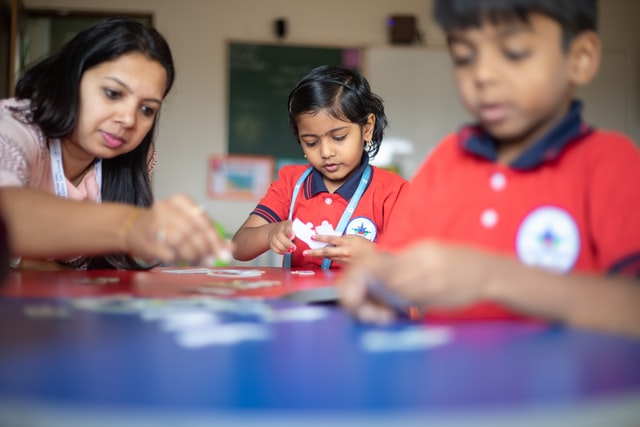
Project Insights: Developing course materials for an international market
Case study: Producing international kindergarten materials on a recent project for Collins.
-

Oriel Square launches Teacher Research Group
Education can transform lives for the better, and teachers are at the heart of that. That’s why we are launching our Teacher Research Group – to bring us and our clients closer to the forefront of education.
-

Project insights: Creating engaging and accessible online CPD
Working with Carina Consulting to produce eLearning modules for the Institute of Biomedical Science.
-
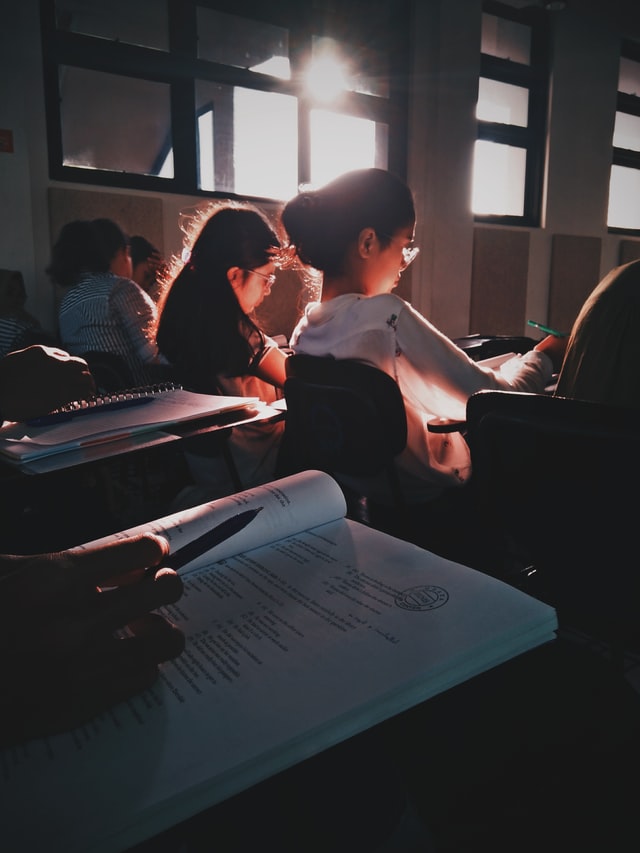
Spotlight on… English Language Teaching
Oriel Square Editor Kristina Wearing talks about her career in the ELT sector, and shares her top tips for getting into ELT publishing.
-

5 challenges and solutions for ELT publishers
With a wide variety of local contexts, increasing exam pressures, and a patchwork of British, American and other varieties of English being delivered, producing quality ELT resources poses plenty of challenges. Frances Amrani looks at how these challenges can be met by ELT publishers.
-

Project insights: Producing ELT resources for local context
We worked with a major educational publisher to adapt and develop ELT resources for the Polish schools market, including meeting the exam requirements of the Polish Ministry of National Education.
-
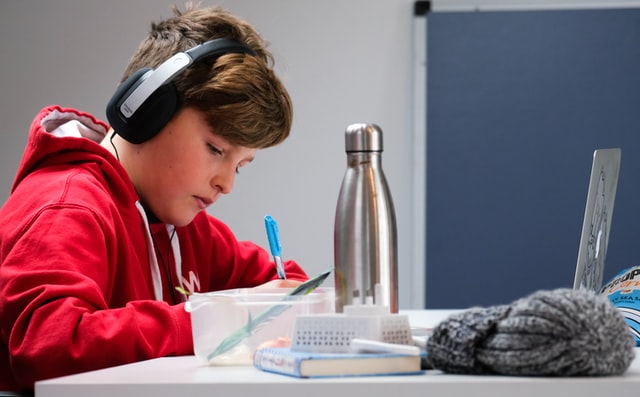
Project insights: Creating online resources to support teachers through school closures
We worked with Hodder Education Group to create online resources, helping teachers to provide dynamic lessons while teaching remotely.
-
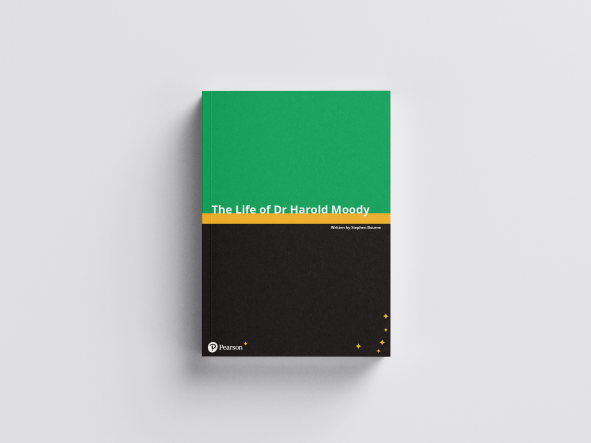
Project insights: Championing diversity, equality and inclusion through publishing
We were delighted to work with Pearson to promote the diversity of British history through the creation of an eBook about Dr Harold Moody.
-
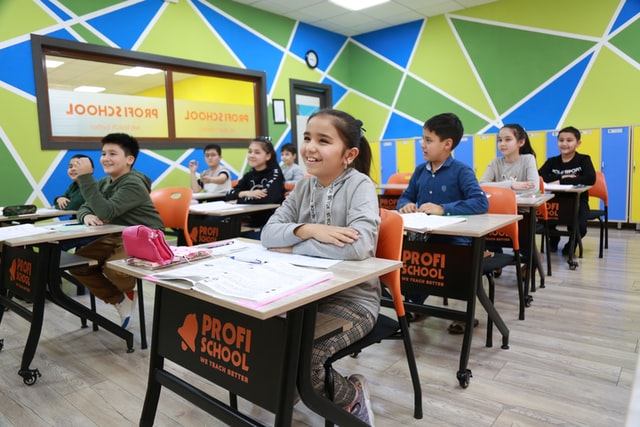
Q&A: Navigating cultural contexts in educational publishing
Charlotte al-Qadi explains why and how the publishing industry can embrace cultural contexts.
